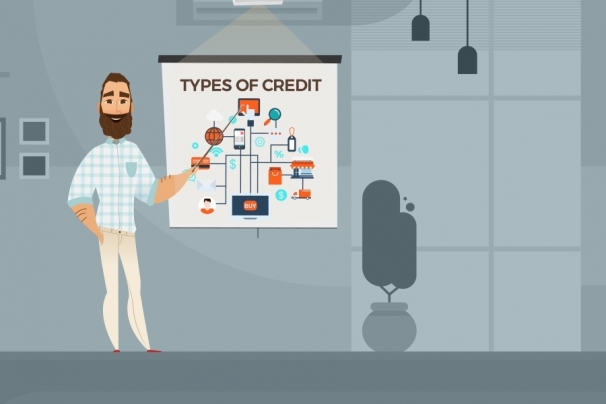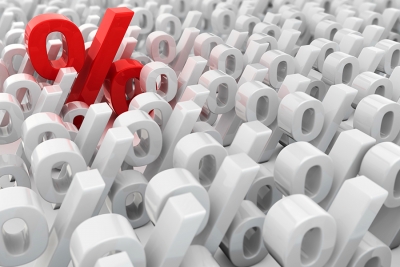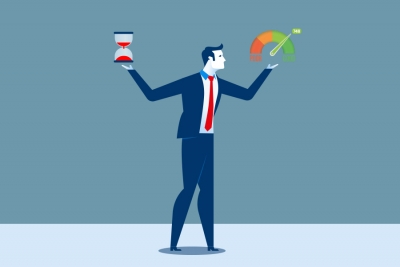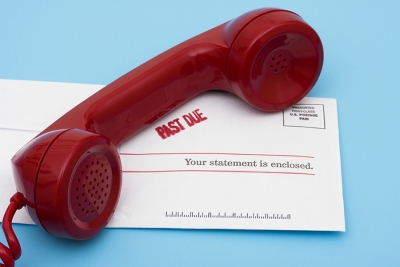If your credit utilization ratio is low, and your payment history is good, why might your credit score still not be ideal?
Many people think that if they only master these two aspects, they will have a perfect credit score.
But, those two factors are not the only things that determine your credit score. As much as those two things matter, the different types of credit you have determines about 10% of your credit score.
This is called your “credit mix.”
Credit bureaus consider your mix of credit to include credit cards, student loans, real estate-related loans, and other things.
Having different types of credit which are all managed responsibly has a significant impact on your credit score. This is because it demonstrates that you are dependable in repaying your loans.
This article will explain a few different types of credit you can have and how to manage them responsibly.
Your credit mix is a crucial aspect for lenders to figure out whether they are comfortable lending you money.
How Many Types of Credit Are There?
A tradeline is essentially an account added to your credit history.
One common type of trade line is called an installment loan. An installment loan has frequently scheduled payments that are repaid over a set period of time.
For example, an installment loan might require the borrower to make a payment every month (the most common form) or twice a month, or even once a week.
The time it takes to repay an installment loan can range anywhere from just a few months to over 30 years like a typical mortgage. There is also a set amount of interest on an installment loan.
Installment loans come in many different forms, which will be detailed below.
Mortgage
A mortgage is an installment loan you take out to purchase a home. In place of paying rent each month, you pay off a set portion of the mortgage, plus interest.
The total balance on your installment loan is not the most important factor when it comes to your credit score. The most important factor is payment history.
Consistent payments will demonstrate active borrowing and spending behavior. This will make it possible for you to obtain a lower interest rate in the future.
Taking out a mortgage can either benefit or hurt your credit score depending on how many other credit lines you have open and your patterns of repayment.
Bank Credit Card Loan
A bank credit card loan is another type of installment loan. Getting a credit card is ideal for short-term pain expenses, but it’s not the best way to build up your credit score.
Getting a personal loan from the bank will have a better impact on your credit than taking out a credit card. Since credit cards are revolving debt, they have the ability to have a greater undesired impact on your credit score in the long run.
Retail Credit
Retail credit cards have a similar impact on your credit score as bank credit cards. However, you can only use them at one particular location, so it may be harder to rack up debt on them.
If you keep your balance down and make payments on time, your credit score should not suffer.
Gas Station Credit
Gas station credit cards are exactly what they sound like they are. They are credit cards which can only be used at a gas station from which it is issued.
They show up just like any other credit cards on your credit report.
If you can demonstrate responsible repayment, it will have a positive impact on your credit history. If you do not repay your debt on a gas station credit card with regularity, it will have negative consequences.
Collections
Collections agencies are organizations which purchase debt from lenders on the penny after it has been determined that the person probably won’t pay back their debt.
An account at a collections agency has an awful impact on your credit score. Even worse, it will stay there for up to 7 years depending on the state.
Tax Lien
A tax lien is enforced by law when you do not pay your taxes.
A lien is the government’s claim on a consumer’s assets due to tax debt which is owed.
It’ll have an adverse impact for multiple years.
It is a severe negative ding on your credit report.
Bankruptcy
Depending on your state, bankruptcy shows up as an account on your credit report for up to ten years.
The longer they’ve been on your credit report, the less important they become to your credit history.
During bankruptcy the debt is discharged and permanently forgiven, but it will have a major adverse effect on your credit history and your credit score.
How Does Your Credit Typically Start?
The average American has a few different types of credit accounts, somewhere between 3-5. This usually includes one or two credit cards, a student loan, a mortgage, and auto loan.
A student loan is typically the first installment loan which shows up on someone’s credit history. This is becoming more and more common in recent times as students have had to take out more loans to pay off their university tuition and other costs.
It is evident that student loans are growing and growing. Some people never even end up paying off their student loans.
However, since it is often the first type of installment loan that will be on your credit history, it is crucial to demonstrate responsible borrowing habits early on and set a good precedent for future loans.
How to build up your credit
1. Try a secured credit card
If you have no credit history, you need to start with a credit card. A guaranteed card means it is backed by a cash deposit you make up front, so you can never actually spend beyond your means here.
You use it like you would any other credit card: Buy things and then make a payment by the due date.
The money you deposited is utilized as security if you neglect to make payments. You’ll get the deposit back when you close the account. So in a way, it’s kind of like a savings account.
2. Co-signers
You might be able to use a cosigner to help give you some credit in the loan industry.
However, that person needs to trust you, because they are the ones who will suffer if you end up not paying it back.
3. Consider applying for a credit builder loan
Normally, the cash you get is held by the moneylender in an account and not discharged to you until the loan is paid off.
It’s a constrained savings fund in many ways, and your installments are accounted for to credit authorities.
These advances are frequently offered by credit unions or group banks.
4. Work on the length of your accounts
Keep accounts up and open for as long as you can. Try not to open new accounts.
You want your average account history to be as old as possible to keep your credit score healthy.
There are some times when you really should close out your old accounts, because you don’t want to have too many accounts open at any given time, but length matters more than numbers.
5. Always make payments on time
Set up timers, phone alarms, and autopay to keep you accountable with paying your bills and loans.
Try to pay off your balance on credit cards in full each month to work on keeping your credit utilization ratio low.
If you work on the positive aspects of your score, you will set yourself up for success and spend less time doing damage control down the road.
How else is credit score determined?
- Payment History
- Credit Utilization Ratio
- New Credit
- Length of Credit History
- Type of credit
This concludes part 3 of 5 on how credit score is determined and why it’s so important for you, an American financial consumer, to understand this.









Leave A Comment